How to buy the lifestyle block of your dreams
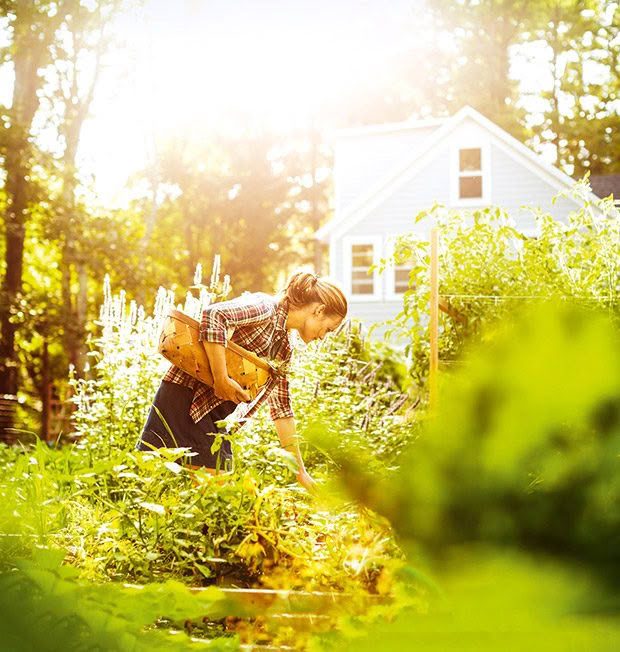
Looking for what is not there is often the hardest part.
Words: Sheryn Dean
Buying a block has big financial and life consequences. Over the years, I have bought almost a dozen properties and learned something new each time.
Buying rural is different from residential and each situation can present unique challenges. There are a few things I know now that I wished I’d known when I bought my first one.
TICK THE BASIC BOXES
I can walk in and walk out of a property in 10 minutes and decide whether I am interested in buying it or not. You can call this ‘gut feeling’ but it’s more good research and preparation.
Before looking for a property, I have a basic checklist:
• location
• price
• size
• intended use and factors needed for that use
I have my ideal property in my imagination. All I am looking for is the reality. There are factors I will compromise on, and others I won’t. I don’t compromise much.
This means when I walk into a property it either ticks enough of the right boxes to become a serious contender, or it doesn’t. Explaining it as ‘going with my gut feeling’ is an easier way to describe it.
BE PREPARED
Before you start looking, be ready to buy. Know how you are going to finance it. Talk to your bank, other banks, and mortgage brokers to work out the best deal.
Bare land can be a big challenge. Many banks will require deposits of 20-50 percent, depending on where it is and your financial situation.
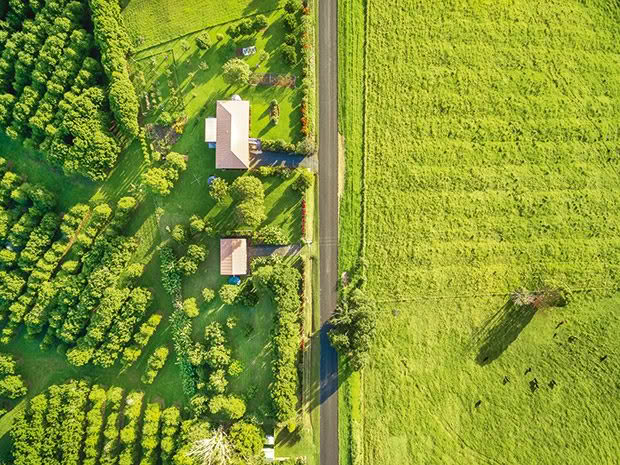
You are a customer of the bank. You are paying them very handsomely for their money and a lot is negotiable. Don’t be afraid to ask.
Bank after bank made it complicated and costly when we wanted to build our own home until an intelligent manager said they would simply lend on the land. We could use our cash to build.
FUTURE USE
Why do you want to live rurally? Will those reasons change in future?
Living in the country is great for young kids. But they soon turn into teenagers who want to see friends and join clubs and sports teams. Is the commute viable? What if children are heading to tech or uni in a few years?
If you’re over 50 – I hate to tell you this – you may not want to be carrying heavy loads up those rolling hills you love now when you reach 60.
The key to a great block is finding one that will suit your current needs and your future dreams. The dreams will probably change and evolve, but if it is at the back of your mind that you would like to semi-retire and grow flowers to sell at the gate, take that into consideration now.
It is a lot easier than having to start again on a new block in a few years.
MAKE IT PAY
I strongly encourage every block owner to use their land to make or supplement their income.
If you are relying on this income to pay the mortgage, you’ll need a very good business plan and capital. New start-ups and horticulture ventures require large amounts of initial investment and are high-risk.
Your desired activity will need to match up with the land’s contour, soil, climate, water supply, access to market, covenants, and zoning.
LOCATION, LOCATION, LOCATION
When searching for a block, the very nice real estate agents you’ll meet are not working for you. They are contracted to work for the seller, make a sale and get the best possible price (and their commission). It is up to you to ask the right questions.
Don’t compromise on the important things. Location, contour, size, and climate are inflexible. Access and water supply are also essential. Do these work in with your intended use?
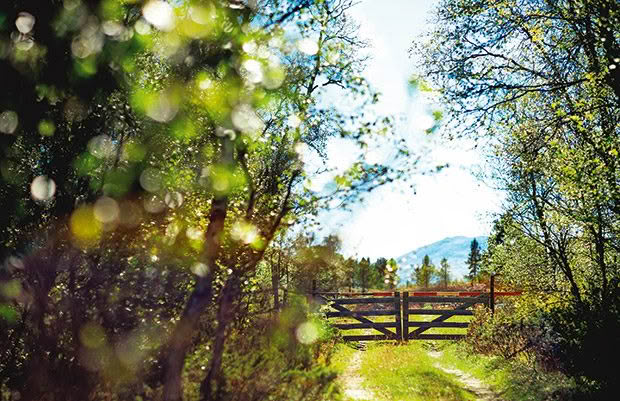
It is very common to underestimate the area required for stock. If you want to raise a couple of cattle for the freezer, or have a pony for the kids, you need at least a hectare of good grazing land.
But many blocks are cut off larger farms because they are less productive, meaning you may need more land or less livestock.
Soil, shelter, weeds, fencing, power, sheds and a house can be altered, added to or repaired. They always cost a lot more than you think. A lot more.
Don’t underestimate the effort involved either. Are you prepared to put in the hours, days, weeks required, on top of the extra work that’s involved running a lifestyle block, plus your ‘real’ job?
TALK TO YOUR LAWYER
Everything is negotiable, including your lawyer’s fee.
For routine house purchases in my hometown, with a standard sale and purchase agreement, I used a lawyer with a fixed price who agreed to give me a discount. Transactions were quick, done via the internet. I have never met her.
For more involved land purchases, I have paid for the advice of an experienced local lawyer who can answer my questions face-to-face and offer advice. This has always been worth the extra dollars.
Ask what the fees will be and what they will cover. For instance, I was once charged search fees on the chattels. This comprised a very old oven, which we dumped. I was not pleased, and now know to discuss my expectations and their fees up front.
You are paying lawyers for professional advice. Get it.
DUE DILIGENCE
Make a conditional offer. It can be conditional on a lot of things, almost always on finance, even if your bank has pre-approved you.
It’s worth spending some more money on due diligence:
• talk to the neighbours – find out its history and any quirks.
• are your potential new neighbours people you could get on with?
• visit at different times of the day, and during the week – what activities are going on, that may not be going on during weekend open homes?
Go to your local council and look up the records for that property. This is free, usually on a computer database, and holds records such as permits and drainage plans.
• Check each building is up to scratch and the plans match what you have seen.
• Does it have a building permit for the fireplace/s (required for insurance)?
• Are there ‘paper’ roads on or running alongside the property? These are still legal roads, open to the public, meaning people and vehicles can use them, even if they are unformed. You can’t build close to one without resource consent.
A LIM (Land Information Memorandum) from the local council costs $200+. These include the information you can access for free, but also things like the presence of hazardous substances, flood zones, consents issued for neighbouring properties, and restrictions on the use of land or buildings.
Is the property of interest to local Māori? Does it contain a wahi tapu (sacred) site, which may or may not be registered with your council? In my area, there have been instances of huge costs and delays caused by inconsistent information.
REPORTS
Banks will insist on checks and reports, to protect their security. If you do need reports, take the time to shop around as prices and quality can vary considerably.
Some lenders still request a test for methamphetamine (P) contamination. This is despite a recent government report that shows P residue does not pose a health risk. Neighbours or a call to the local police station will tell you if the property has been suspected of being used for criminal activities.
I would suggest you argue that the $200-$400 cost of a P contamination report is a waste of money.
A building report is a common requirement. When we buy a property, we check:
• the piles
• insulation (or not) in the ceiling
• roof
• gutters
• bearers
• windowsills
• taps
• light switches
• oven
• cupboards
• doors
Look for signs of water damage, particularly in the ceiling or under baths. Rot is insidious and expensive to repair.
Check the age of the hot water cylinder, oven, dishwasher, and other chattels. Look hard at new repairs or paint. Poke anything that looks soft to see if it is rotten.
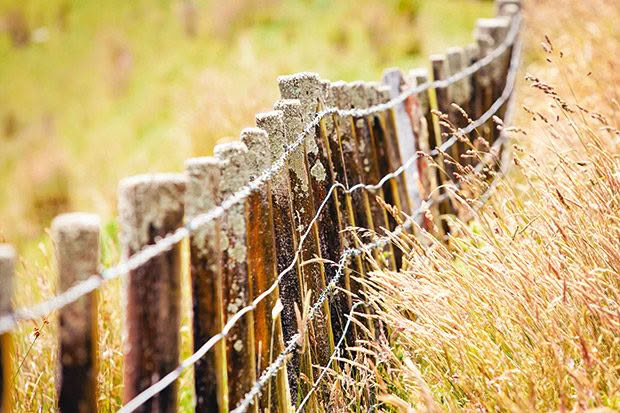
If you don’t feel confident assessing a building’s quality, shop around for a builder’s report. Ensure you get one from a reputable organisation in case you need to challenge it later on.
OUTSIDE
Check the age and condition of bores, water pumps, tanks, troughs, and water pipes. Are there old trees that need removal, drains that need unclogging, noxious weeds that need eradicating?
What is the condition of the soil? Dig some holes. What are the pasture types and quality? Does it get muddy in winter? Check when and what fertilisers and sprays were applied. Check soil tests if they have them.
What do the neighbours do? Spray drift, noise, dust, smells, and runoff are all potential problems. What is upwind, for a kilometre or so?
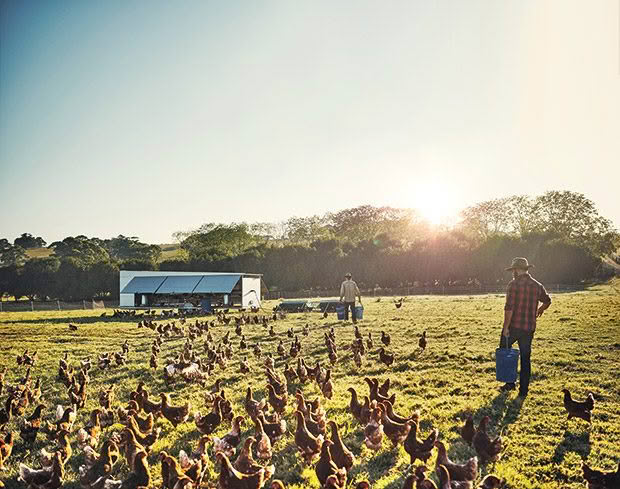
Is there a secure water supply on the property or is it shared with neighbours? If shared, check the agreement from the primary supplier: how much are you allowed to take, who is liable for repairs, what are the charges, who reads the meter? Do not rely on handshake deals.
Is the driveway shared and is there an agreement about how it is used? Who does maintenance and repairs? What are the costs? What recourse do you have in a dispute, eg if a neighbour starts up a trucking business?
WHAT IS MISSING?
Looking for what is not there is often the hardest part. Check the council records against what you see. Are all the buildings there and signed off?
Is the fireplace permitted, regularly cleaned (at least once a year), and meet the legal requirements for your area? In most places, if the property is less than 2ha, the fireplace cannot be one that dampers down to slow burn all night.
How old is it? If it’s older than 15 years, you may have issues with safety (and insurance) and need to replace it.
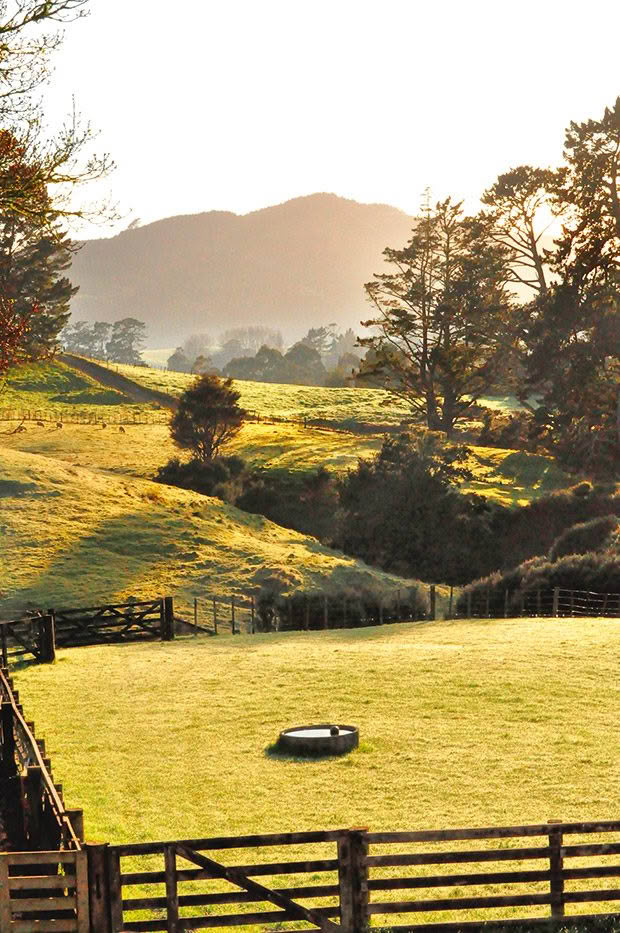
Check what does and doesn’t come with the property, from light shades to window blinds to electric fence units, tractor, ride-on, the hay and firewood in the shed.
Will any stock come with it? Will unwanted rubbish be removed, and sheds cleaned out?
You can negotiate to have some of the property’s paddocks shut up so there is enough pasture for your stock to graze when you move in.
KNOW WHAT YOU’VE GOT
New owners have new energy and new ideas, but it’s wise to talk to the old owners and your new neighbours before you rip things out. Those ugly trees may deflect the spring winds. That line of flax may divert the winter floods.
Value what you have, especially with trees that can take years to replace. That scrawny old tree out the back might produce the tastiest plum you have ever had.
Love this story? Subscribe now!
 This article first appeared in NZ Lifestyle Block Magazine.
This article first appeared in NZ Lifestyle Block Magazine.
